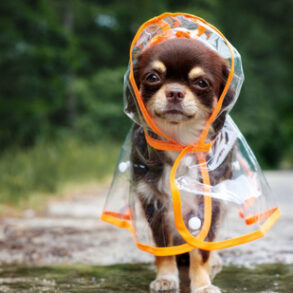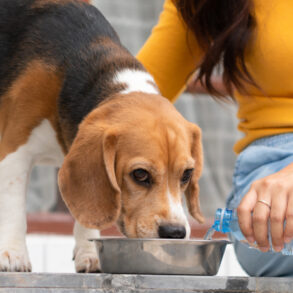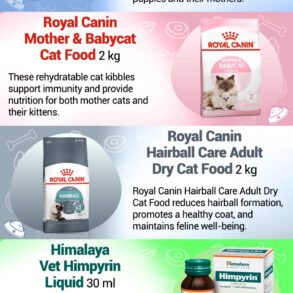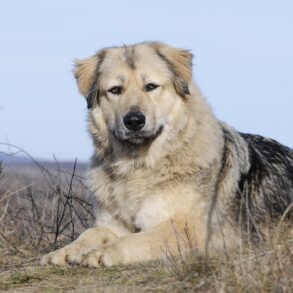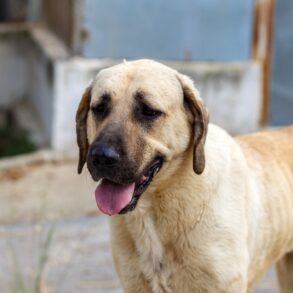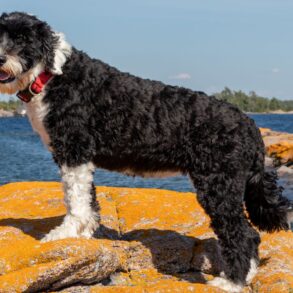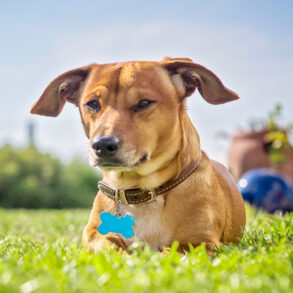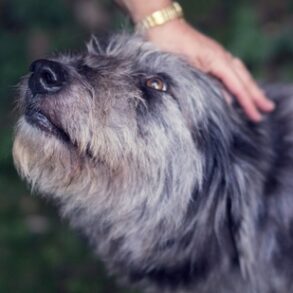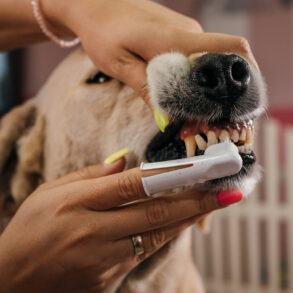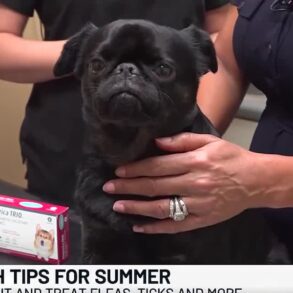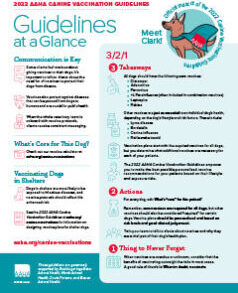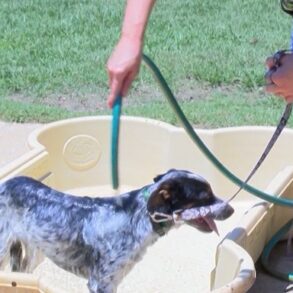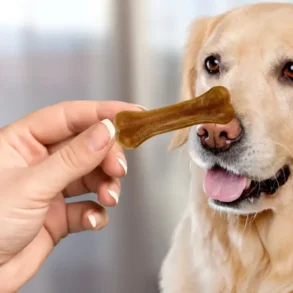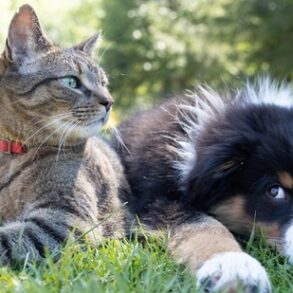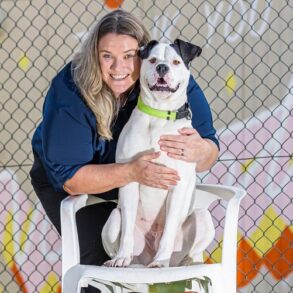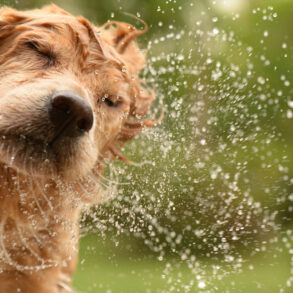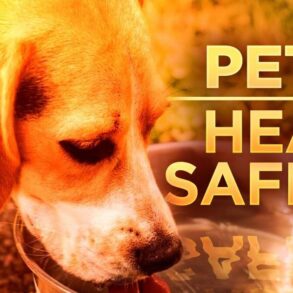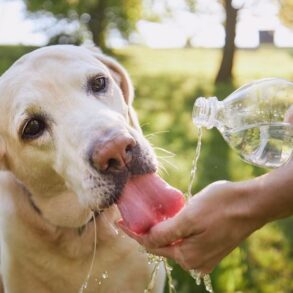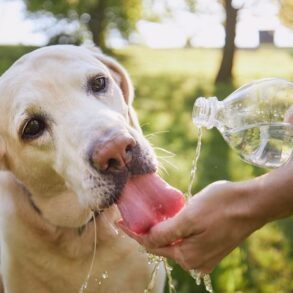A dog nutritionist has warned owners that it could be a sign of underlying health issues including medical conditions like respiratory infections and kidney disease.
The experts at Tuggs have also identified that there are certain dog breeds that are affected more than others.
Katie McCaul (BSc DipNat VN ANutR), an expert nutritionist at Tuggs, has noted that Pugs, Bulldogs, and French Bulldogs are among the breeds that are most commonly affected.

“Brachycephalic dogs (those with short noses) tend to have a higher risk of bad breath as the teeth can be forced closer together, allowing food to be trapped and result in unpleasant smells,” said Ms McCaul.
“This can also include dogs with less exaggerated flat faces, like Boxer and Boston Terriers, Shih Tzus and Cavalier King Charles Spaniels.
“A build-up of plaque and tartar on the teeth can lead to bacterial growth, causing a foul odour. If left untreated, it can progress to gum disease and tooth decay”.
What causes bad breath in dogs?
Poor Dental Hygiene
The most common cause of bad breath in dogs – also known as halitosis – is due to poor dental and oral hygiene.
The expert nutritionist explained: “Before becoming domesticated, dogs would naturally clean their teeth by chewing on carcasses.
@uktoday_ The ugliest dogs in the world have been revealed- but do you agree? #uknews #dogsoftiktok #dogbreeds #uglydog #uknewsheadlines ♬ original sound – UKToday 🇬🇧 Newsquest
“As dogs’ diets have changed over time and the foods that they consume have become softer, it’s become more common for dogs to experience a build-up of tartar which can lead to gum disease and bad breath.”
Solution
Katie McCaul has suggested that to tackle this problem, owners should find their dogs a quality chew that they can eat for at least half an hour a week.
Ms McCaul also suggested teaching your pet to tolerate tooth brushing as well as looking at some natural products that contain seaweed as these are proven to reduce plaque.
Medical Conditions
Tugg’s nutritionist has also warned owners that ‘persistent and foul-smelling breath’ can be a sign of underlying medical conditions that produce gases and unpleasant smells.
Ms McCaul commented: “It can be a sign of a poor microbiome or digestive and gastrointestinal issues.
“Other problems can include kidney disease, diabetes, liver problems and respiratory infections.”
Solution
The nutritionist has urged owners to seek advice from a vet if their dog is ‘displaying unusual behaviour’ or if the smell continues to worsen.
Ms McCaul has also suggested adding probiotics to improve your dog’s digestive health, or switching them to a fresh diet in order to improve their oral microbiome.”
Diet
Another cause of bad breath in your dog could be due to its diet.
Ms McCaul reminded owners that foods, like fish and liver, can have strong smells and can cause temporary bad breath in dogs.
She added: “A poor-quality diet can also cause dental and overall health problems, resulting in bad breath in dogs.”

Solution
To counter bad breath caused by poor diet, Ms McCaul recommends Tuggs’ insect-based recipes.
She said: “They are made sustainably with 100% fresh ingredients, meaning no bad breath, sore tummies or extra baggage as insects provide a well-balanced, complete meal and are packed with essential amino acids, fats and minerals – making insects nutritionally comparable to meat and fish.”
Chewing Habits
The Tuggs nutritionist has also explained that chewing on the wrong things can irritate a dog‘s gums and break teeth.
It can even cause loose objects or materials on the toy – like a rope toy for example – to break away and become lodged in your dog’s mouth.
Recommended reading
This can lead to infections that can cause bad breath, Ms McCaul explained.
Solution
Ms McCaul has recommended introducing toys, such as natural chew toys or rubbery toys, that can help remove tartar and plaque on your dog’s teeth.
She added: “This will also help to keep them entertained for hours.”
This post was originally published on this site be sure to check out more of their content.




